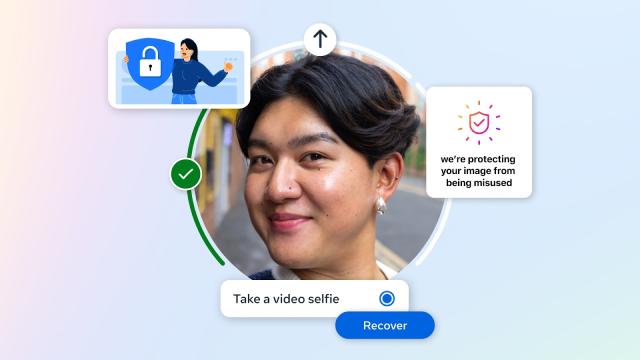Meta Platforms, Facebook’s parent company, has ramped up efforts to curb the rise of scam advertisements using facial recognition technology. Scammers often use images of celebrities to lure users into clicking on misleading ads, a tactic known as “celeb-bait ads.” These ads lead users to fraudulent websites designed to steal personal information or money.
Meta plans to counter this by employing facial recognition technology to identify and block these deceptive ads. The system compares images from these ads to a celebrity’s official Facebook or Instagram account. Once a match is confirmed and the ad is identified as a scam, Meta will block it.
“If we confirm a match and that the ad is a scam, we’ll block it,” Meta stated in a blog post. The company did not disclose how widespread these scams are across its platforms, but with 3.3 billion daily active users globally, the potential reach is massive.
AI for Content Enforcement
Meta relies heavily on artificial intelligence to monitor and enforce its content rules. AI technology helps the company manage the overwhelming number of daily reports related to spam and other guideline violations. However, the system is not without flaws, as there have been instances of legitimate accounts being wrongly suspended or blocked due to AI errors.
Meta aims to enhance its use of facial recognition technology beyond just scam prevention. In an upcoming test, the company plans to use this technology to assist users who have been locked out of their accounts. Users will be able to submit a video selfie to verify their identity, which will then be compared to photos associated with their account.
Meta explained that once the comparison is complete, all facial data generated from the video will be deleted immediately, regardless of whether there is a match. This method, they say, will speed up the process and make it easier for users to regain access to their accounts.
A Controversial History with Facial Recognition
Meta’s use of facial recognition technology is not new, and its history with this feature is quite controversial. In the past, Facebook used facial recognition to help users tag friends in photos, which increased user interaction. However, this led to legal issues, as Meta was accused of using the technology without proper user consent.
In 2024, the company was ordered to pay R24.6 billion in fines to the state of Texas for profiting from facial recognition without proper consent. Earlier, Meta had also agreed to a R11.4 billion settlement in Illinois over similar allegations.
Given the legal ramifications, Meta has been cautious in rolling out its new facial recognition technology. For instance, the video selfie test will not be conducted in Illinois or Texas due to previous legal challenges.
Meta’s Commitment to Privacy
Despite the controversies, Meta assures users that privacy remains a priority. The company has committed to immediately deleting any facial recognition data after a comparison is made, addressing concerns about potential misuse of the data. As Meta continues to balance its use of advanced technologies with user privacy, these latest efforts signal a shift in how the company manages security and trust on its platforms.










